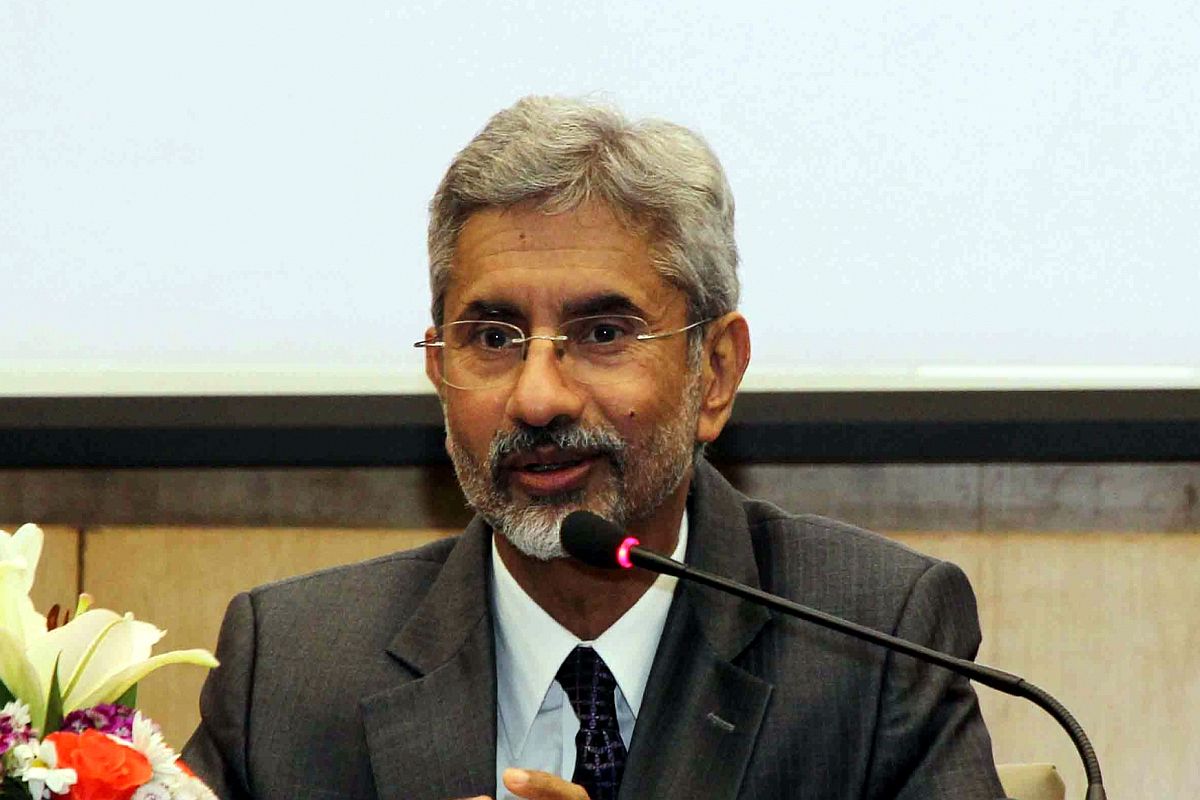Acknowledging that the events of 2020 in Eastern Ladakh have put the Sino-Indian relationship under “exceptional stress”, external affairs minister S Jaishankar today made eight broad proposals for stabilising bilateral ties while asserting that any attempt to change the status quo at the LAC was completely unacceptable to India.
Addressing the 13th All India Conference of Chinese Studies, he said agreements already reached between the two countries must be adhered to in their entirety, both in letter and spirit. The LAC must be strictly observed and respected. ”Peace and tranquillity in the border areas are the basis for development of relations in other domains. If they are disturbed, so inevitably will the rest of the relationship. This is quite apart from the issue of progress in the boundary negotiations,” he added.
Advertisement
Jaishankar said that while both nations were committed to a multi-polar world, there should be a recognition that a multi-polar Asia was one of its essential constituents. Obviously, each state would have its own interests, concerns and priorities but sensitivity to them could not be onesided.
As rising powers, he said, each state would have its own set of aspirations and their pursuit too could not be ignored. There would always be divergences and differences but their management was essential to bilateral ties.
Jaishankar noted that despite all the differences and disagreements that the two countries had on the boundary, the central fact was that border areas still remained fundamentally peaceful. The last loss of life before 2020, when the Galwan Valley incident took place on 15 June, was, in fact, as far back as 1975.
”That is why the events in Eastern Ladakh last year have so profoundly disturbed the relationship. Because they not only signalled a disregard for commitments about minimising troop levels, but also showed a willingness to breach peace and tranquillity,” he said and drew attention towards the impact of the events on both public and political opinion in India.
To date, India has not received a credible explanation for the change in China’s stance or reasons for massing of troops in the border areas. ”It is a different matter that our own forces have responded appropriately and held their own in very challenging circumstances. The issue before us is what the Chinese posture signals, how it evolves, and what implications it may have for the future of our ties,” he added.
Jaishankar said that even before 2020, the India-China relationship witnessed decisions and events that reflected the duality of cooperation and competition. In this connection, he recalled how the trade grew dramatically though its one-sided nature made it increasingly controversial.
Yet, when it came to interests and aspirations, some of the divergences were also apparent, he said and recalled the practice of stapled-visas or the reluctance of China to deal with some of India’s military commands. Then there was China’s opposition to India’s membership of the Nuclear Suppliers Group (NSG) and to a permanent seat in the UN Security Council. When it came to trade, promises of market access did not match delivery. The blocking of UN listing of Pakistani terrorists involved in attacks on India had its own resonance. In this connection, he also talked about the China-Pakistan Economic Corridor (CPEC) which violated India’s sovereignty.











